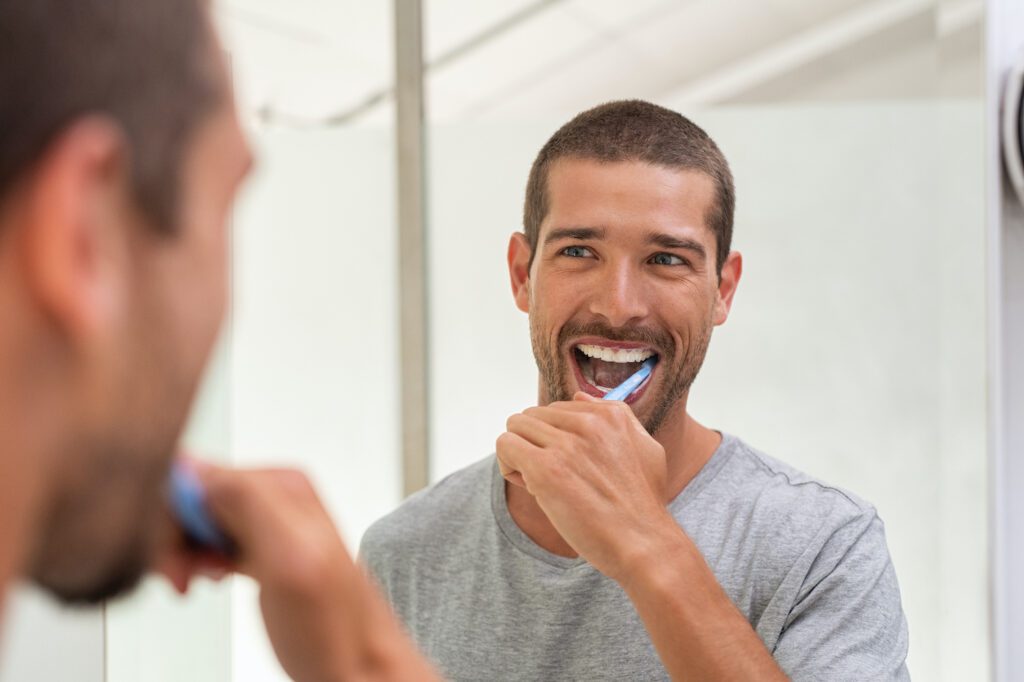Restorative dentistry can be a great way to improve your smile and bite after damage, tooth loss, or decay. A dental crown in Dallas, TX, is among the most recommended treatment plans for restoring and preserving your natural tooth. It’s also the number one treatment needed after getting a root canal or a single dental implant. While dental crowns are designed to be strong and long-lasting, you still need to take care of them properly. Failure to clean or care for your dental crown could lead to worsening conditions.

Tips for Caring for a New Dental Crown in Dallas, TX
The first few days after getting a dental crown are often the most important. It’s highly crucial during this time that you follow your dentist’s aftercare instructions and report any concerns. But even after the crown has settled properly, you’ll still want to make sure you’re paying attention to its condition. Crowns are durable, but they aren’t impervious to damage. If your crown becomes cracked, loosens, or falls out, it’s important to see your dentist right away for additional treatment.
Cleaning Your Dental Crown
The porcelain material of the crown itself is often not affected by plaque and tartar. This means your crown itself is unlikely to develop a cavity or other forms of decay. However, this doesn’t mean you can get away without cleaning it properly. The natural tooth under your crown and your gums can still suffer from plaque and tartar buildup. Cleaning with a dental crown is typically the same as cleaning without one. You still need to brush and floss your teeth at least twice a day. When flossing, however, it’s usually a good idea to slide the floss out between your teeth rather than pulling it up. This can help prevent your crown from loosening or falling out.
Practicing Safe Chewing Habits
Dental Crowns are designed to be strong and durable, withstanding normal bite pressure. But just like with your natural teeth, they can suffer damage. It’s best to avoid foods that are too gummy or chewing on hard surfaces, such as ice or the end of a pen. These could cause your crown to break or fall out. It’s important to pay close attention to your chewing for the first few days after getting a crown. When possible, avoid chewing on that side of your mouth until the crown is fully settled.
Routine Exams
Getting a regular checkup at your dentist’s office at least every six months can help keep your crown strong and healthy. Your dentist can often identify early warning signs of a problem and provide treatment as needed. If you notice anything wrong with your crown between appointments, it’s best to call and schedule an exam as soon as possible to ensure the problem doesn’t get any worse.
If you need a dental crown or have a problem with your current one, call us today at 214.216.6577 to schedule your consultation.
